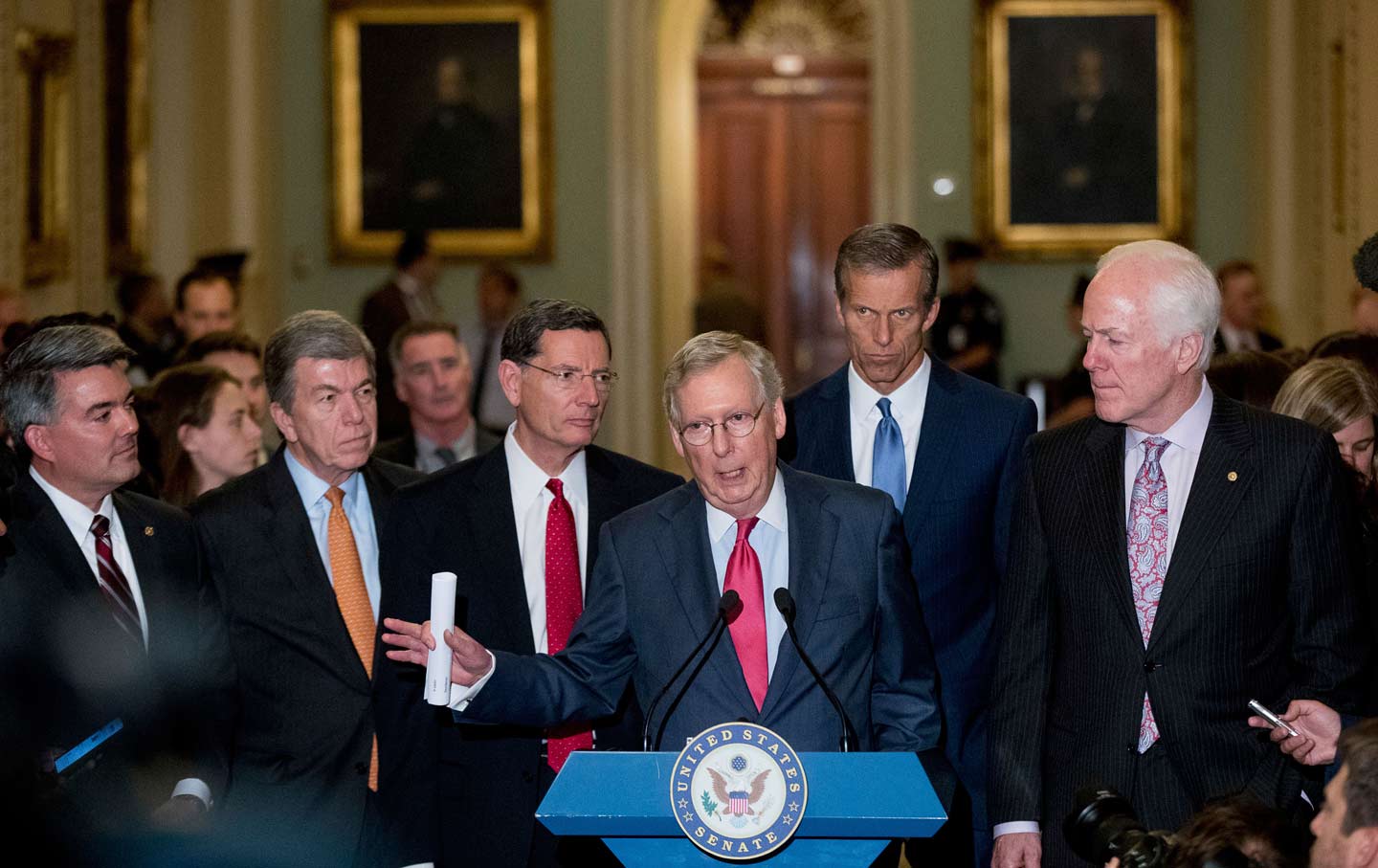Democrats in the U.S. Senate today passed the bipartisan CHIPS+ Act — a historic piece of legislation that will lower costs for working families, strengthen our supply chain, keep jobs in America, and ensure we can out-compete countries like China.
Despite stiff opposition from a majority of Republicans in the Senate — including 2022 candidates Ron Johnson, Marco Rubio, Rand Paul, and Chuck Grassley, and 2024 presidential hopefuls Rick Scott, Tom Cotton, Ted Cruz, and Josh Hawley — the bill secured “$52 billion to subsidize chip manufacturing and research, and tens of billions more for science and tech spending.”
Specifically, the bipartisan bill incentivizes the construction of domestic factories, supporting thousands of jobs and boosting our manufacturing industry. Moreover, the legislation will alleviate global shortages and shore up national security concerns.
Despite wide-ranging, bipartisan support, 2022 Republican U.S. Senate candidates oppose these commonsense measures to strengthen American manufacturing and our economy:
- In Wisconsin, Ron Johnson voted against the legislation calling it, a “stupid policy” that “made no sense.”
- In Arizona, Republican Jim Lamon indicated he would oppose CHIPS+ while his primary opponent Blake Masters appeared to have no idea what was in the bill.
- In New Hampshire, Don Bolduc tweeted that he is a “hell no” on CHIPS+, while his primary opponent Chuck Morse has criticized the legislation saying the United States needs “to do just the opposite.”
- In North Carolina, Ted Budd already voted against the COMPETES Act — the predecessor to CHIPS — putting partisan politics ahead of supporting American workers.
- In Missouri, Vicky Hartzler and Billy Long likewise voted against the House COMPETES Act.
- In Iowa, Chuck Grassley voted against the bill despite claiming to be on board with the financial provisions.
- In Florida, both Rick Scott and Marco Rubio voted against the bill.
Published: Jul 28, 2022 | Last Modified: Aug 28, 2022
